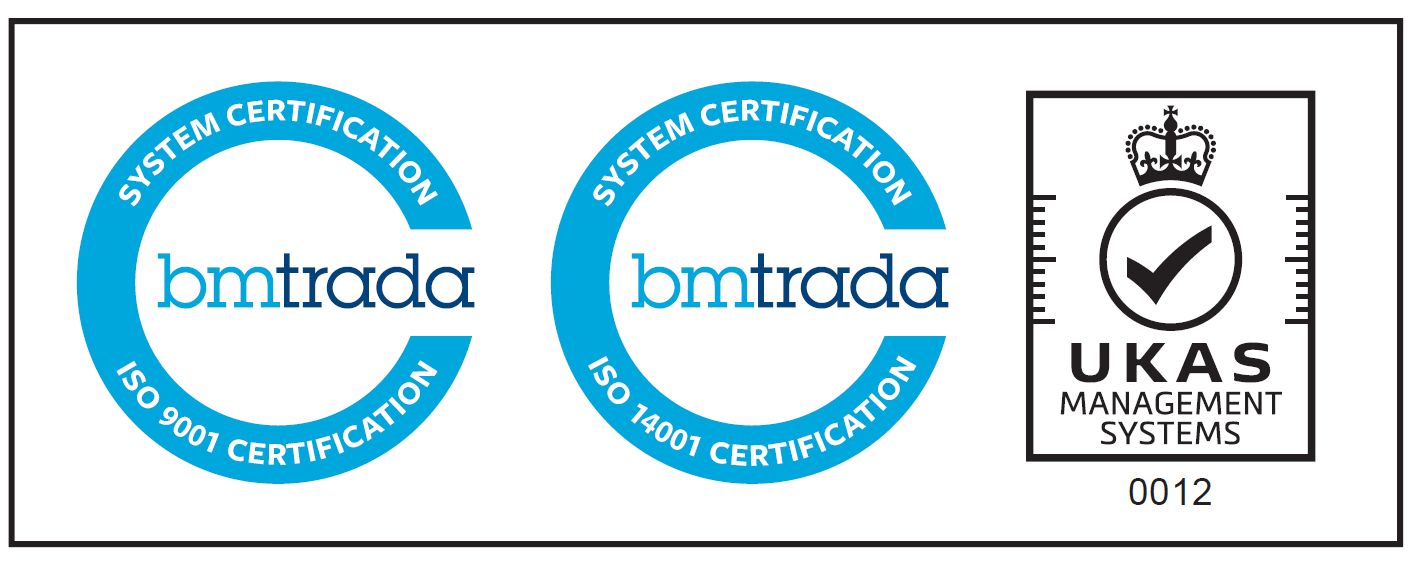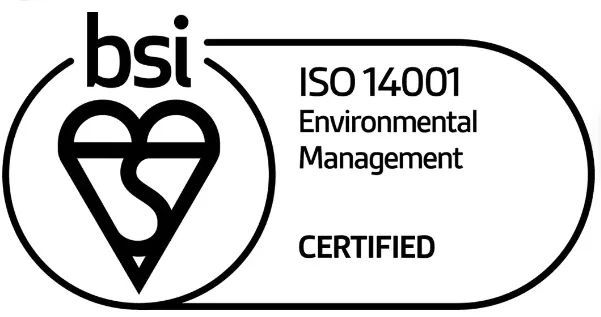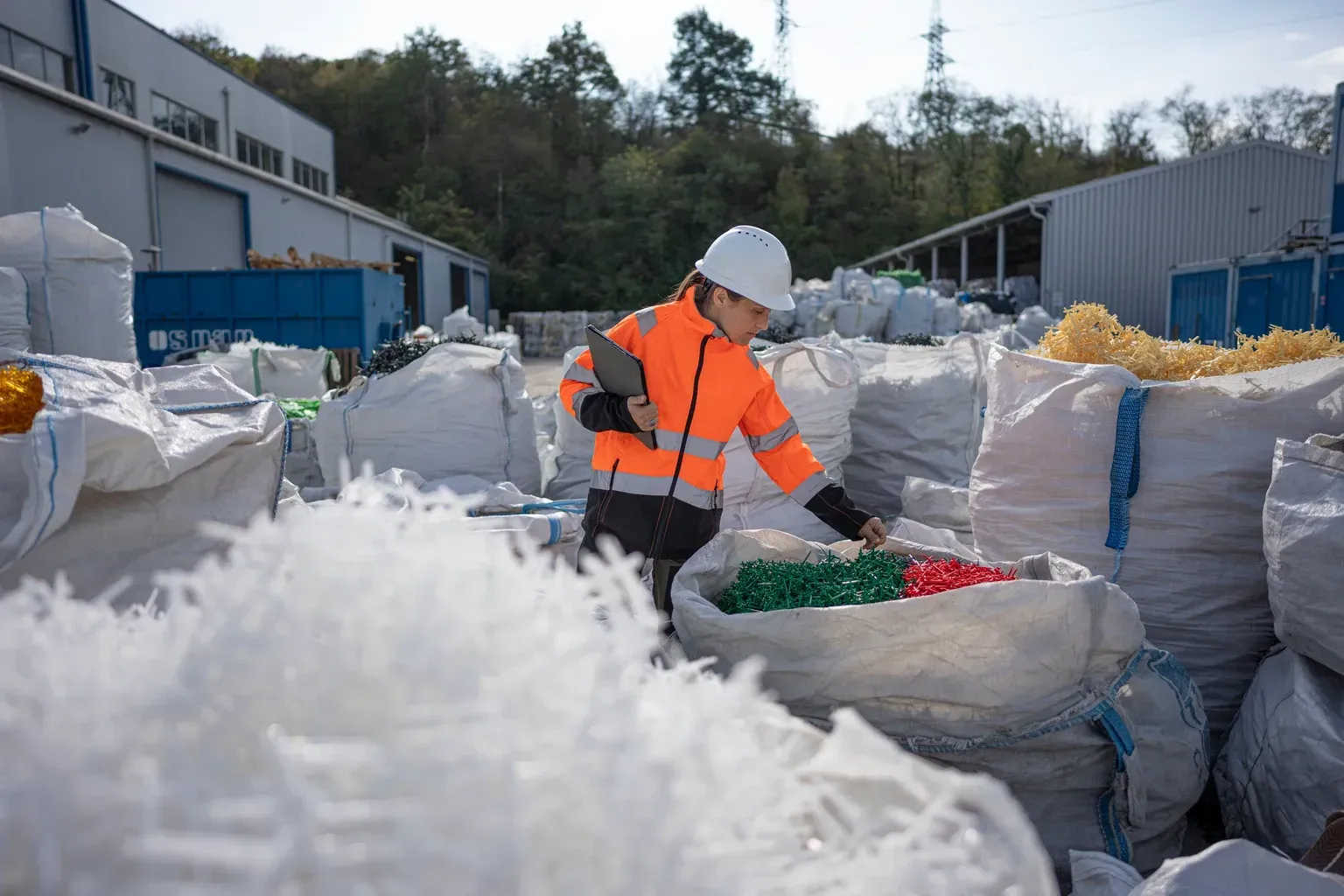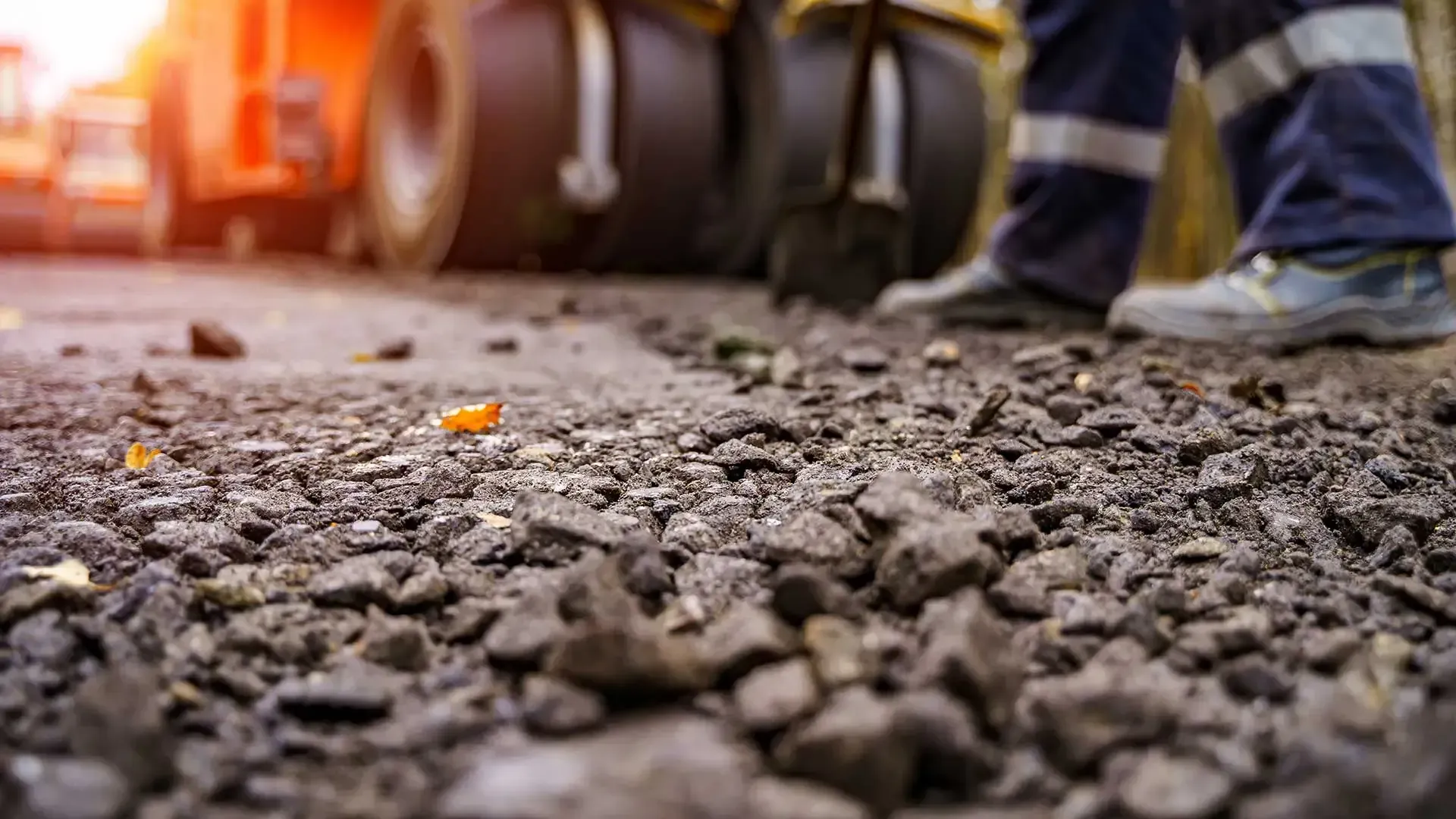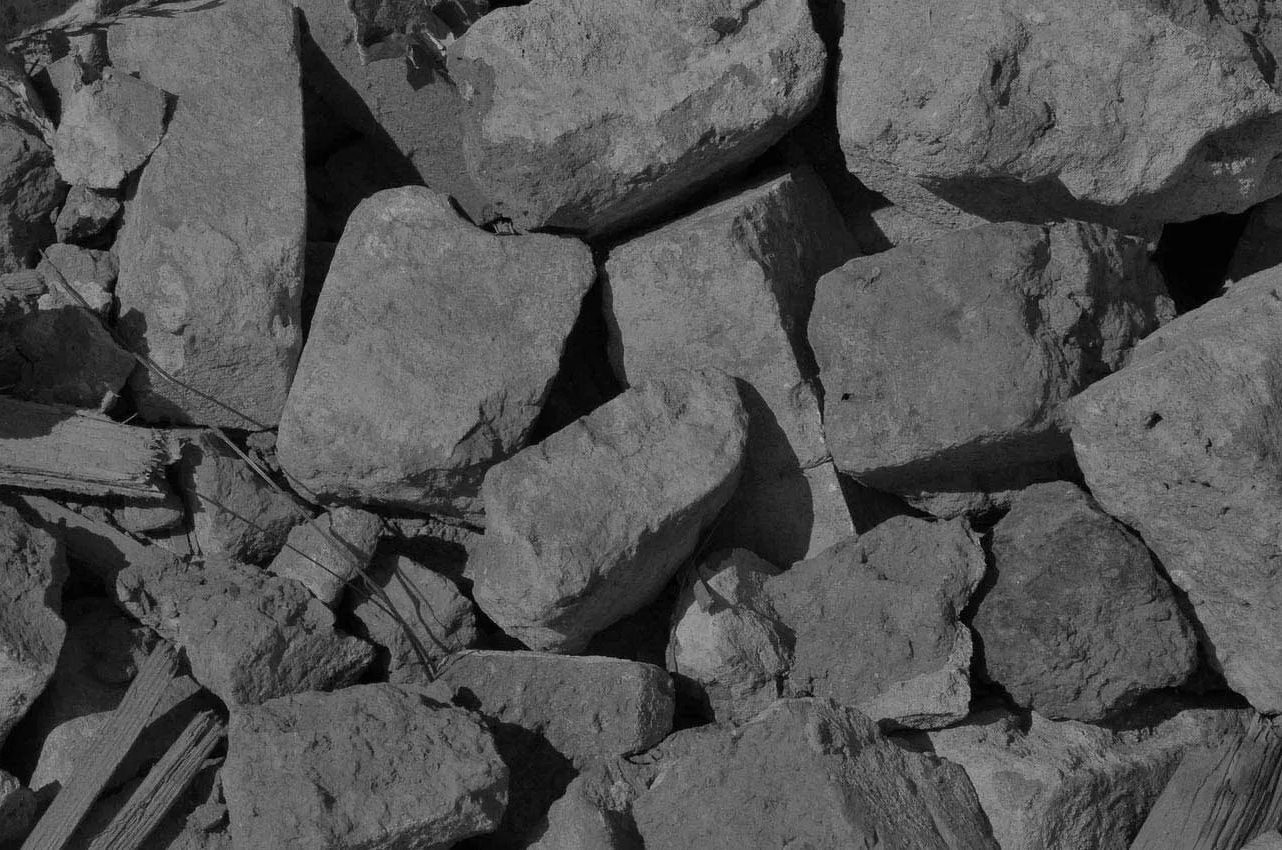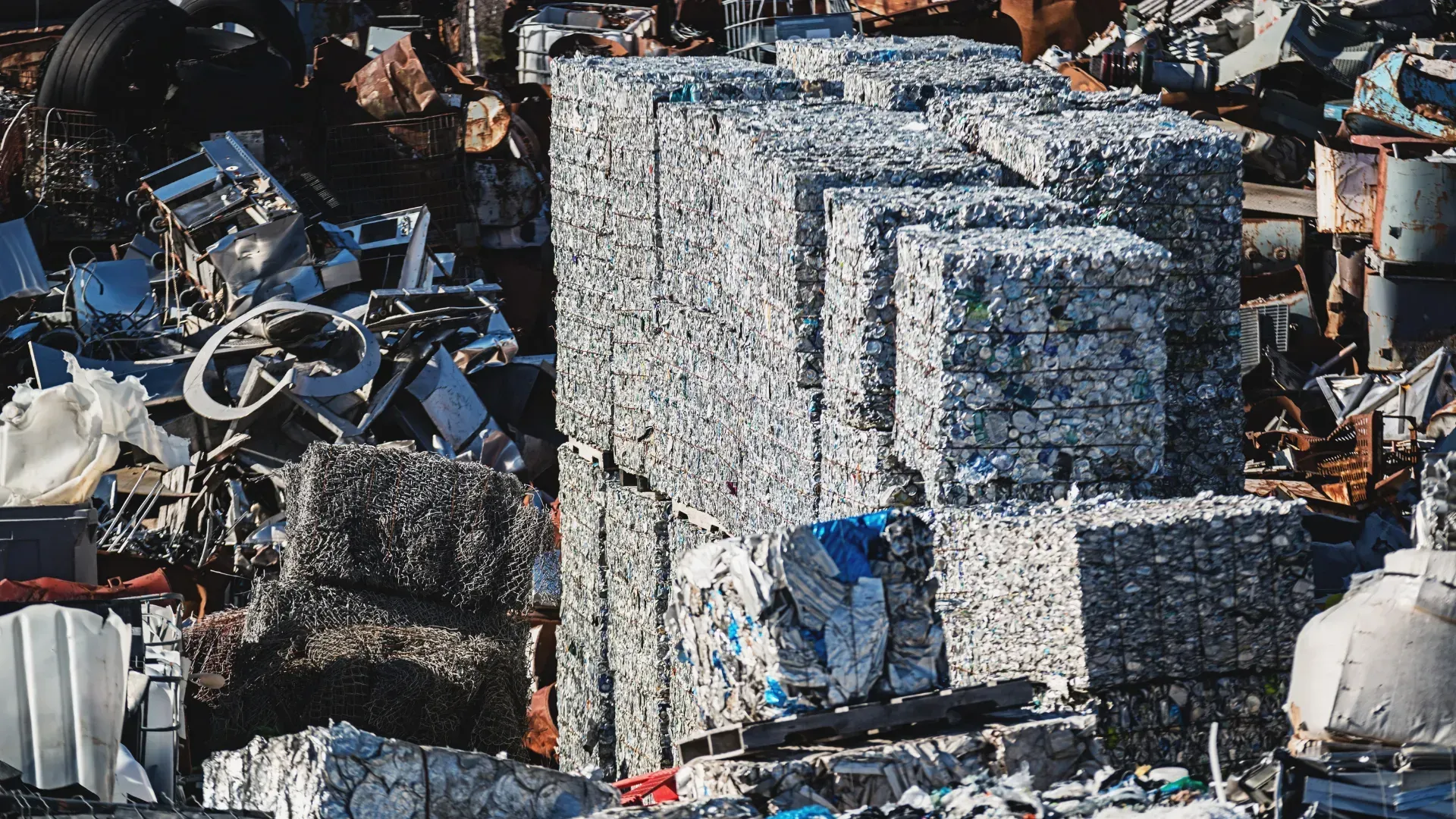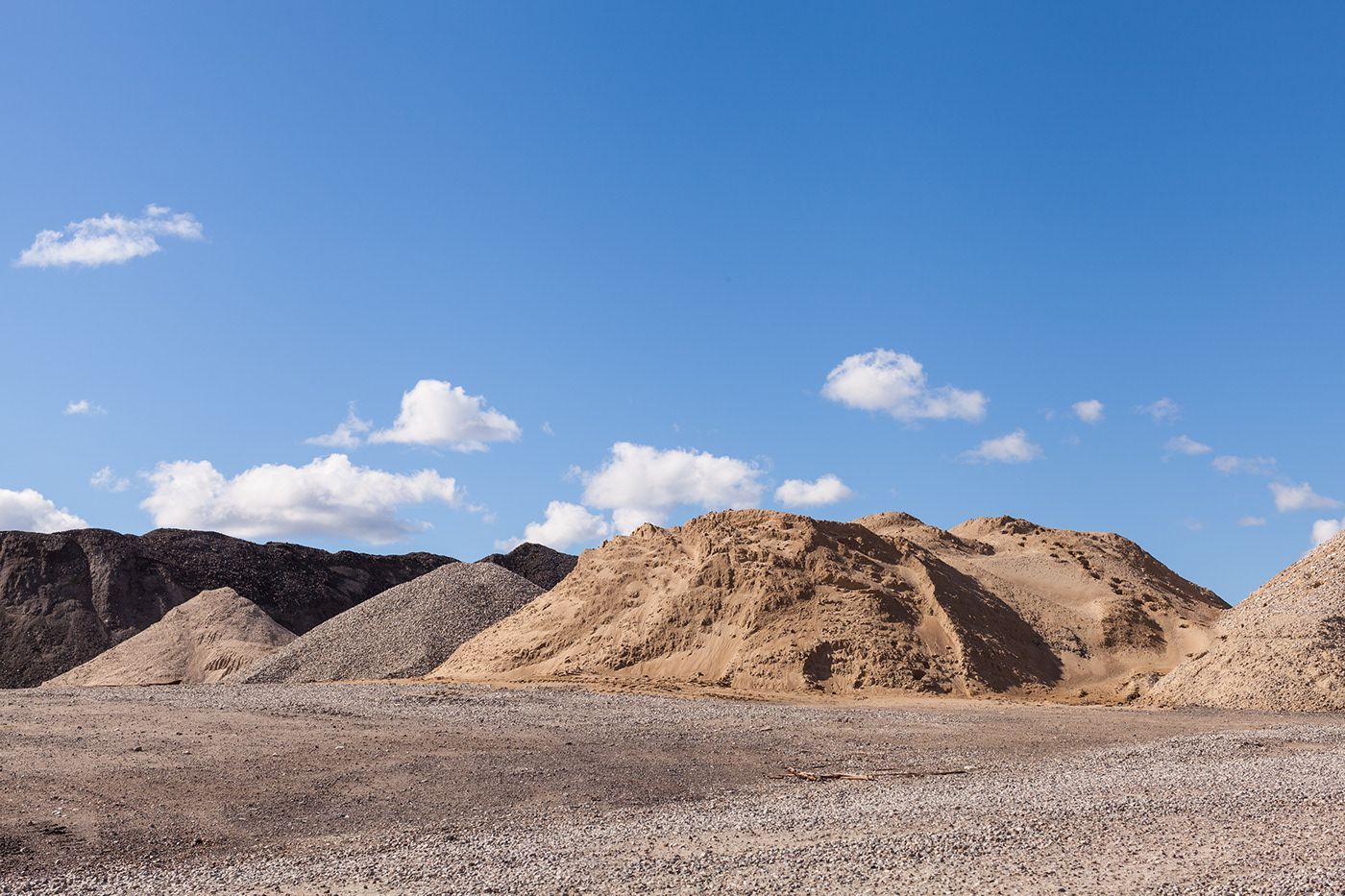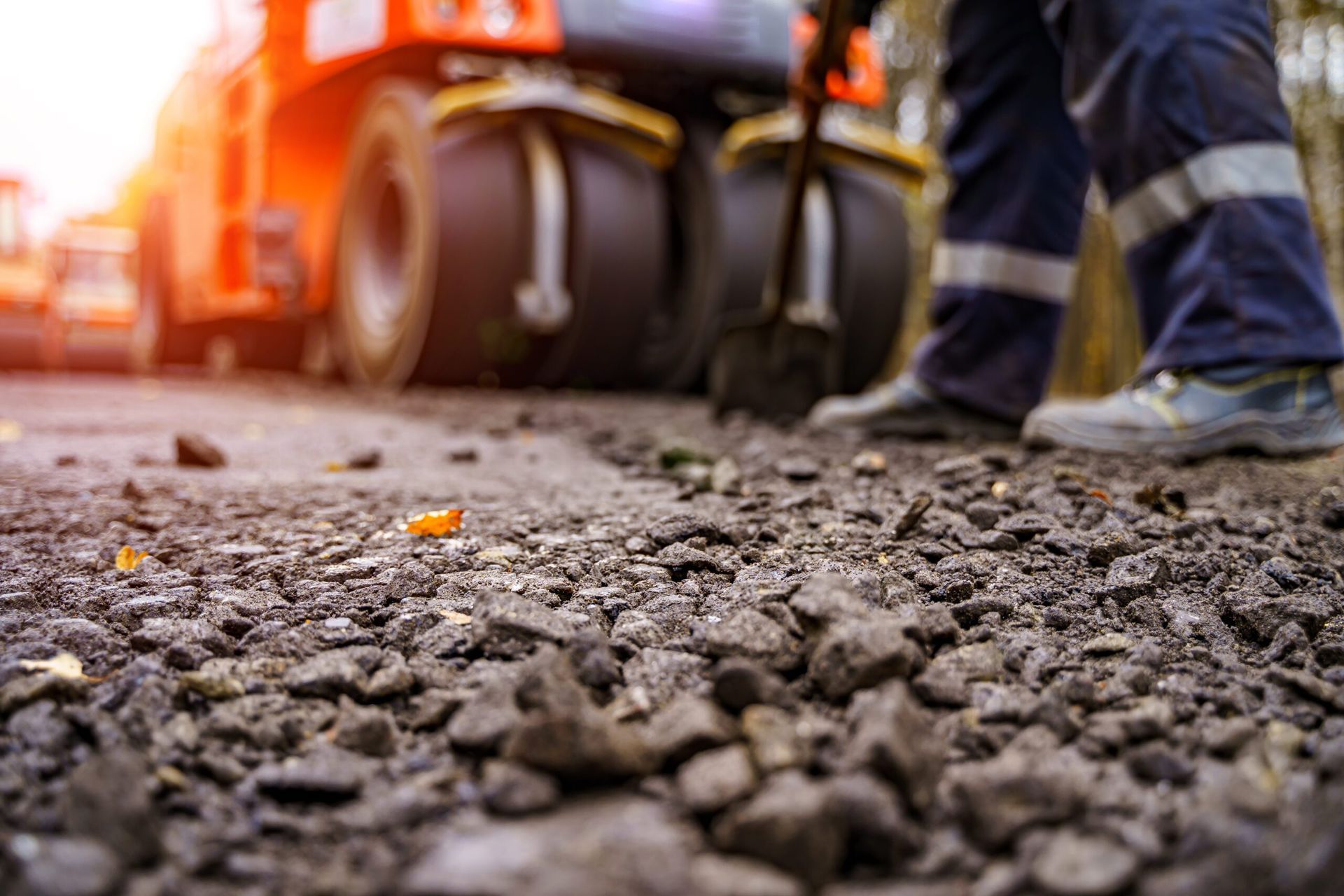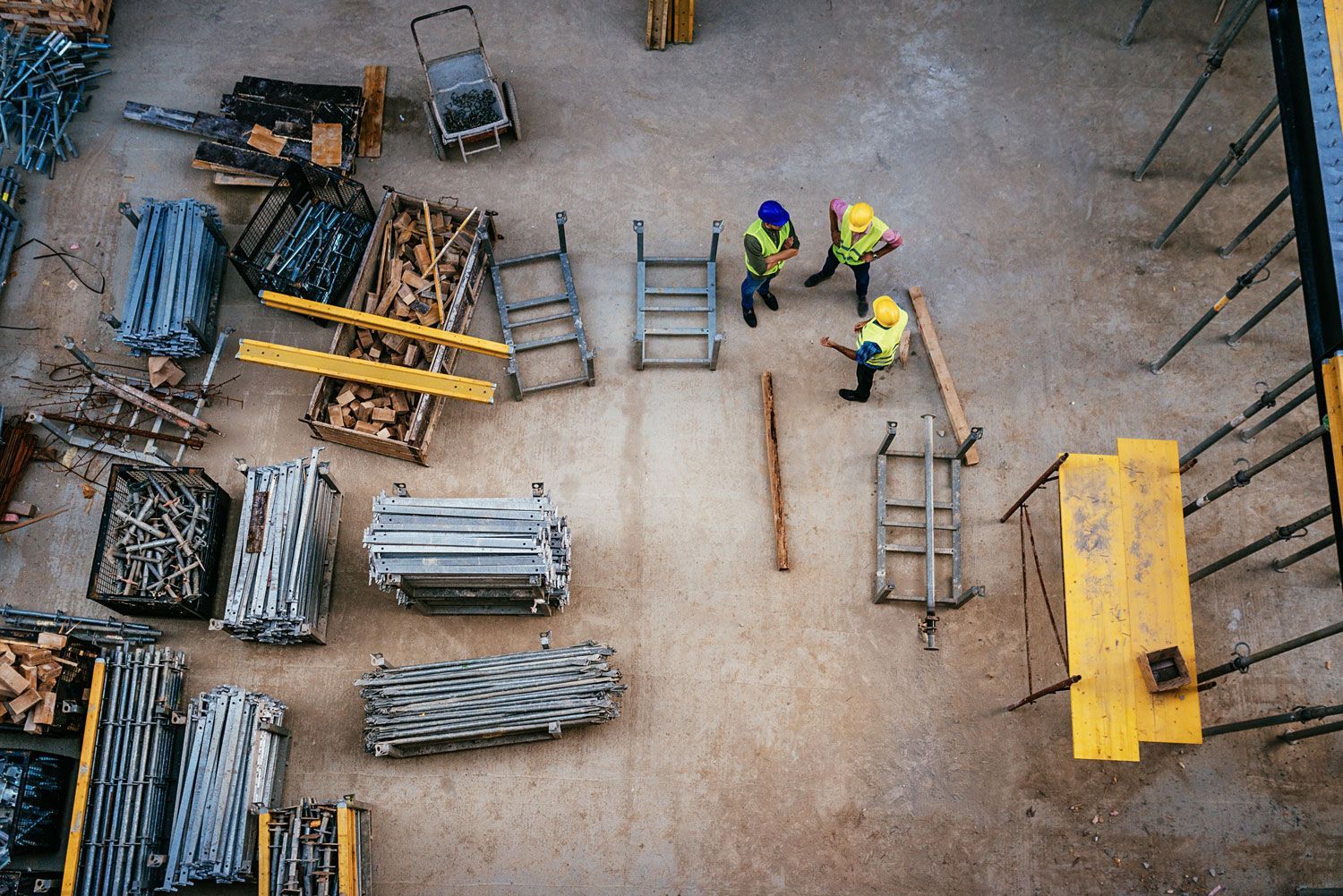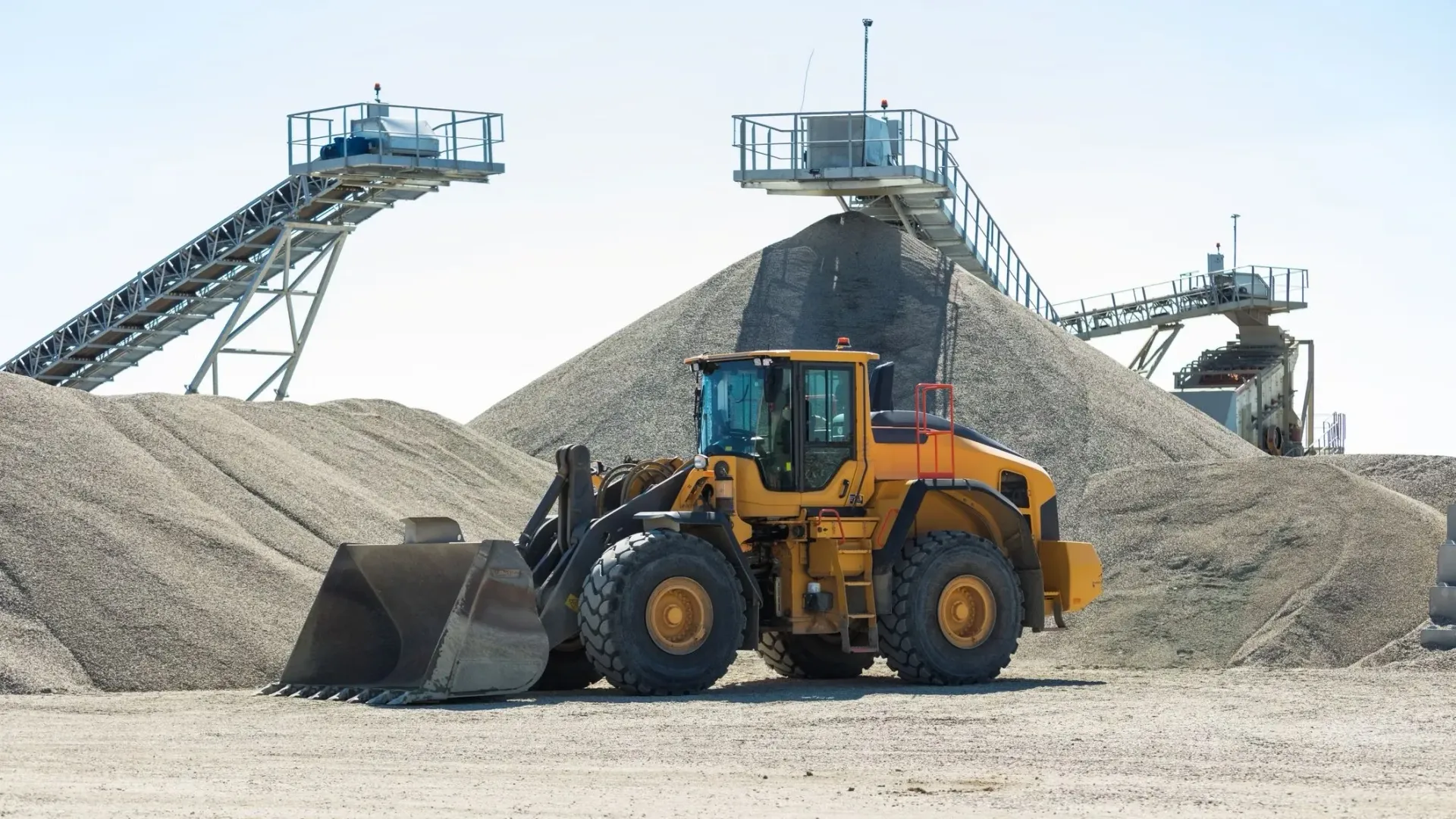Your Complete Guide to Landfill Sites: What is a Landfill?
While landfills have a devastating impact on the planet, they’re not going away anytime soon.
Read on to discover how landfills work and how we can reduce their effects on the environment.
What are landfills?
A landfill site is an area of land that is used to dump rubbish, either directly on the ground or filling an unwanted hole in the ground. Landfill sites are often created from a void made from quarrying and are commonplace around both the UK and the world.
How do landfills work?
Landfills usually follow a standard design:
Liners
Landfill sites are lined with materials like clay or strong plastic, which prevents waste and liquid (leachate) escaping from the waste into the surrounding soil and water.
Cells
Typically waste is tipped in specific areas within the landfill site. These areas are called 'cells'. As one cell is being filled, another is being prepared, and another is being completed or restored (usually to an agricultural, amenity or nature conservation after-use).
Leachate collection system
Leachate is the liquid that is made when water falls onto the site and through the rotting waste. This liquid is highly polluting and cannot be allowed to escape into the surrounding ground or surface waters, as this can cause huge environmental problems.
Leachate control systems are used to collect the leachate. A series of holes (wells) are drilled into the waste and lined with pipes. A pump is fitted into the hole and any excess leachate is pumped to on-site storage tanks. The leachate is then removed by road tanker to a suitably licensed disposal facility.
Gas control systems
Some landfill sites are fitted with gas control systems. A series of holes (wells) are drilled into the waste, lined with pipes and connected to a central gas pump which sucks out the landfill gas being produced. Where possible the landfill gas, a mixture of mainly methane and carbon dioxide with some trace gases, is used to produce electricity that is sold to the national grid.
What are the advantages of landfills?
While landfill sites can cause substantial problems, in many cases they are a necessary measure to deal with waste management.
Here’s some advantages of modern landfills:
- Landfills are a source of energy. When rubbish accumulates and begins to break down, carbon dioxide and methane are produced. These gases can be taken out, filtered out, and used for energy production.
- Modern landfills are more eco friendly. There are now stricter rules and regulations that landfill sites must adhere to. Many companies have implemented sustainable practices that try to minimise the harm landfills can have on the environment.
- They keep cities, towns and neighbourhoods clean. Without a proper waste management system, people would dump rubbish everywhere which would cause even more problems for humans and the planet. Landfills are a centralised facility where waste can be dealt with properly.
- Landfills keep hazardous waste segregated. At these sites, recyclable and non-recyclable waste will be separated and sorted accordingly.
- Landfills are relatively cheap - waste will normally only have to travel a short distance.
- The landfill industry is the source of many jobs and businesses. This creates income for many local communities.
What are the disadvantages of landfills?
Ultimately, landfills are incredibly bad for the environment, serving as a major source of pollution and causing a range of ecological hazards.
These are just some of the negative effects that landfill sites cause on the planet:
- Rotting rubbish in the ground generates greenhouse gases, including high levels of methane gas and carbon dioxide. This is a leading contributor to global warming.
- Toxic substances end up in landfills, creating a huge environmental hazard. These can include arsenic, mercury, PVC, acids, lead, and home-cleaning chemicals. Our waterways can become contaminated as a result of this.
- The gases, particularly combustible ones like methane, created in landfill sites cause a substantial fire risk. These fires are often fought with a fire-retardant foam which further contributes to the overall chemical footprint of the landfill site.
- At landfill sites, waste is buried underground with very limited oxygen, slowing down the decomposition process. This means the areas will remain hazardous and require monitoring for the foreseeable future due to the consistent dangerous gases released and the subsequent potential for environmental disaster.
Another big problem is that landfills are reaching full capacity in the UK. We’re running out of spaces to bury our waste - this contributes to an accumulative waste capacity deficit. In fact, new research shows that hundreds of ageing landfill dumps on the coast of England containing plastics, chemicals and other waste are a ticking timebomb threatening to leach pollution onto beaches and into the sea.
Are there any alternatives to landfill services?
While landfill sites aren’t going away anytime soon, there are several things we can do to reduce waste from going to landfills.
Here’s just a few things you can do to help minimise the negative effects of landfills on the environment:
Recycle
Perhaps one of the most obvious methods to limit landfill waste, recycling appropriate materials is key to reducing greenhouse gas emissions and promoting sustainability. By conserving energy, reducing air and water pollution and conserving natural resources, recycling has several environmental benefits. Home recycling is easy - all you need to do is ensure you have the correct bins, boxes and bags.
Here are ten items you might not realise you can recycle:
- Hangers
- Batteries
- Fluorescent light bulbs
- Phones
- Computer parts
- Bubble wrap
- Disposable drink cartons
- Inhalers
- Toothbrushes
- Soft plastic
Limit food waste
Reducing food waste is another important factor in minimising landfill waste. Excessive food waste is problematic for a number of reasons - not only is it the third highest emitter of greenhouse gases in the world but when considering the amount of people suffering from food poverty, it also raises moral questions.
Here are several things you can do to reduce food waste:
- Create weekly meal plans. This means you are less likely to buy unnecessary food and so less will be thrown away.
- Make the most of your leftovers. Freeze them or have them for lunch tomorrow, the choice is yours.
- Store food properly. Make sure fruit and sauces are properly refrigerated and remember to freeze things to prevent them from going off.
- Take ‘best by’ dates with a pinch of salt. The dates given can be misleading - food life often lasts longer than the writing on the packet.
- Don’t be intimidated by ugly food. Misshapen fruit and veg usually has no bearing on the actual taste.
Compost efficiently. Dispose of vegetable peels in a composting container in your backyard rather than throwing them in the bin.
Boycott plastic water bottles
Similarly to straws, single-use plastic water bottles are highly damaging to the environment. Around one million plastic bottles are sold every minute - due to their convenience, many people neglect to consider how their overconsumption of bottles harms the planet. Consider investing in a reusable bottle - brands such as Chilly’s offer a range of designs and promote sustainable products.
Use a sustainable landfill company
While the concept of an eco friendly landfill site may seem contradictory, some companies use sustainable methods to ensure negative impacts on the planet are reduced. Here at WM Thompson & Sons, we make sure our services minimise environmental damage. Our professional waste removal and recycling service separates recyclable materials at our recycling centre in Dumbarton to reduce the amount of unnecessary waste that ends up in landfill. Our landfill site is S.E.P.A. (Scottish Environmental Protection Agency) licensed and we ensure our facilities are compliant with the UK Pollution Prevention and Control Regulations, 2012.
Recycle construction materials
Materials such as crushed concrete, asphalt products, gravel, and stone products can all be reused in the construction of roads, paths, car parks, public spaces, and more. This makes reusing them essential. At WM Thompson & Sons, we use recycled aggregates to avoid unnecessary landfill waste.
Contact sustainable landfill services
While landfill sites have an environmental cost, implementing sustainable practices can help reduce this damage. At WM Thompson & Sons, we’re committed to ensuring we take an environmentally conscious approach when tackling our professional waste removal work.
Contact us to find out about the services we provide and what we’re doing to help minimise climate change.
